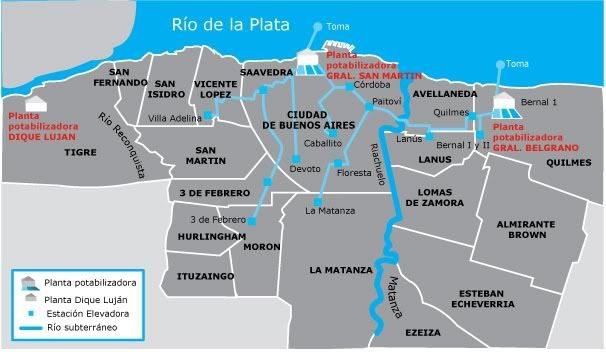We have a sodero that delivers our water -- most locals I know have a delivery service too, though it doesn't seem as popular anymore with younger people.
I know you can buy 5L at the grocery store, but our sodero delivers water and soda -- 12 pesos for a 12L bottle of water.
If we run out before the end of the week I usually just boil tap water and put it in the fridge. I trust it is safe, I just don't like the taste.
I think it's kind of like milk though, you get used to the taste of the milk where you grew up, and then everywhere else it always tastes a bit different -- not necessarily bad or good, just, different.
I know you can buy 5L at the grocery store, but our sodero delivers water and soda -- 12 pesos for a 12L bottle of water.
If we run out before the end of the week I usually just boil tap water and put it in the fridge. I trust it is safe, I just don't like the taste.
I think it's kind of like milk though, you get used to the taste of the milk where you grew up, and then everywhere else it always tastes a bit different -- not necessarily bad or good, just, different.

